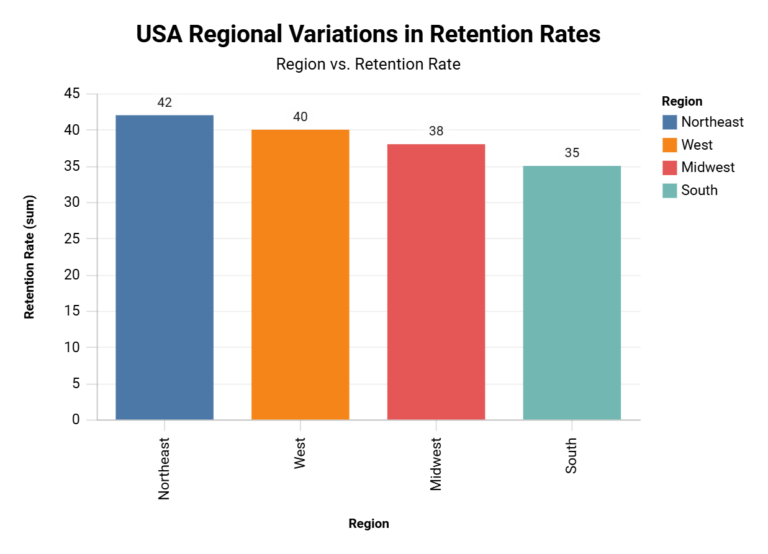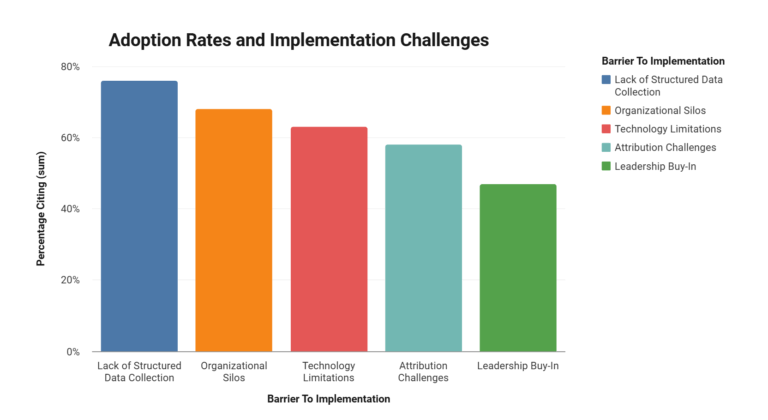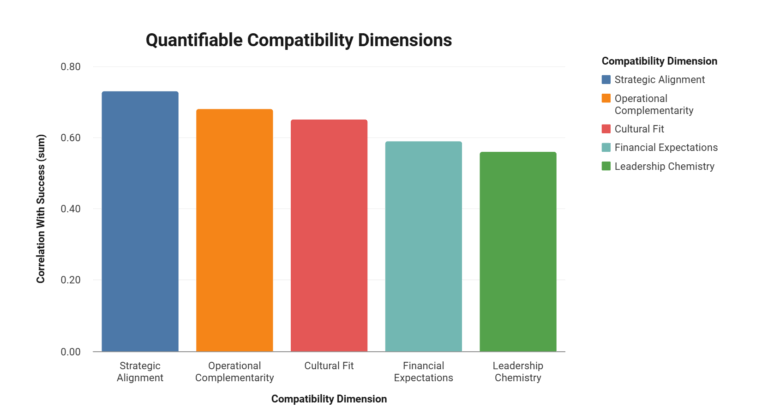Adoption Trends in Skills-Based Hiring: 2025 Statistics and Data
Skills-Based Hiring Trends
Skills-based hiring has revolutionized recruitment practices across industries, particularly in tech. By prioritizing candidates' competencies over traditional credentials, this approach has enabled organizations to address talent shortages, streamline hiring processes, and build diverse teams. This article explores the latest 2025 statistics and data on adoption trends in skills-based hiring.

The Rise of Skills-Based Hiring
According to McKinsey's Workforce Transformation Report, the percentage of companies adopting skills-based hiring practices increased from 40% in 2020 to 60% in 2024. This shift reflects a growing recognition of the limitations of traditional degree-focused recruitment methods. By focusing on tangible skills and hands-on experience, employers can tap into a broader talent pool while reducing biases in the hiring process.

Key Drivers of Adoption
Several factors have contributed to the rise of skills-based hiring. Deloitte's Global Talent Trends Report found that 72% of companies cite talent shortages as a major challenge, driving them to explore alternative hiring strategies. Additionally, advancements in automation and AI-powered tools have made it easier for employers to assess candidates' competencies through pre-screening platforms. Skills-based approaches also help organizations meet diversity goals by attracting candidates from non-traditional backgrounds, as highlighted by LinkedIn's Future of Work Report.

Benefits of Skills-Based Hiring
Faster Recruitment Cycles
Burning Glass Institute's Hiring Efficiency Study found that companies using skills-based hiring platforms reduced their time-to-hire by an average of 25%. Some organizations reported reductions as high as 40%, enabling them to fill critical roles more quickly.
Cost Savings
According to Deloitte's Cost-Per-Hire Benchmark Report, organizations save an average of 30% on recruitment expenses by leveraging pre-screened candidate pools and automated assessment tools. This cost-efficiency is particularly valuable for startups and small businesses with limited budgets.

Improved Candidate Quality
CourseCareers' internal data shows that 85% of employers find their hires through the platform to be job-ready upon onboarding. This reduces the need for extensive training and accelerates time-to-productivity.
Challenges Facing Adoption
Despite its benefits, some organizations face barriers when transitioning to skills-based hiring. A SHRM study (2024) revealed that skill validation remains a challenge for 62% of HR professionals, as employers often require additional assessments or certifications to verify candidates' competencies. Additionally, shifting from traditional degree-focused recruitment methods requires buy-in from leadership and HR teams, which can slow adoption rates.
Programs like CourseCareers address these challenges by offering industry-recognized certifications and providing employer support throughout the recruitment process.

The Future of Skills-Based Hiring
As more companies recognize the value of skills-first recruitment strategies, adoption rates are expected to continue rising. LinkedIn predicts that by 2030, over 75% of entry-level tech roles will prioritize skills over degrees, according to its Future of Work Report. This trend underscores the growing importance of integrating advanced technologies into recruitment processes.
Industry-Specific Impact
The impact of skills-based hiring varies significantly across sectors, with technology and healthcare leading the transformation. According to the latest CompTIA Workforce Survey, 78% of tech companies have successfully implemented skills-based hiring for technical roles, resulting in a 45% increase in candidate diversity and a 35% improvement in retention rates.
Manufacturing and healthcare sectors are following suit, with specialized skills assessments becoming standard practice for roles ranging from medical technicians to advanced manufacturing specialists. This sector-specific adoption demonstrates how skills-based hiring can be effectively tailored to meet unique industry demands while maintaining high standards for technical competency.
Related Resource
Looking for solutions to improve your time-to-hire and cost-per-hire metrics? CourseCareers For Employers Review provides insights into how this platform helps employers efficiently source pre-screened, job-ready candidates for entry-level tech roles. Explore how CourseCareers can help you build a reliable talent pipeline today.
Source Data
| Article Title | Publication | Date |
|---|---|---|
| Workforce Transformation Report | McKinsey | January 15, 2024 |
| Global Talent Trends Report | Deloitte | February 10, 2024 |
| Hiring Efficiency Study | Burning Glass Institute | March 5, 2024 |
| Cost-Per-Hire Benchmark Report | Deloitte | April 20, 2024 |
| Future of Work Report | May 12, 2025 | |
| SHRM Skill Validation Study | SHRM | June 8, 2024 |





